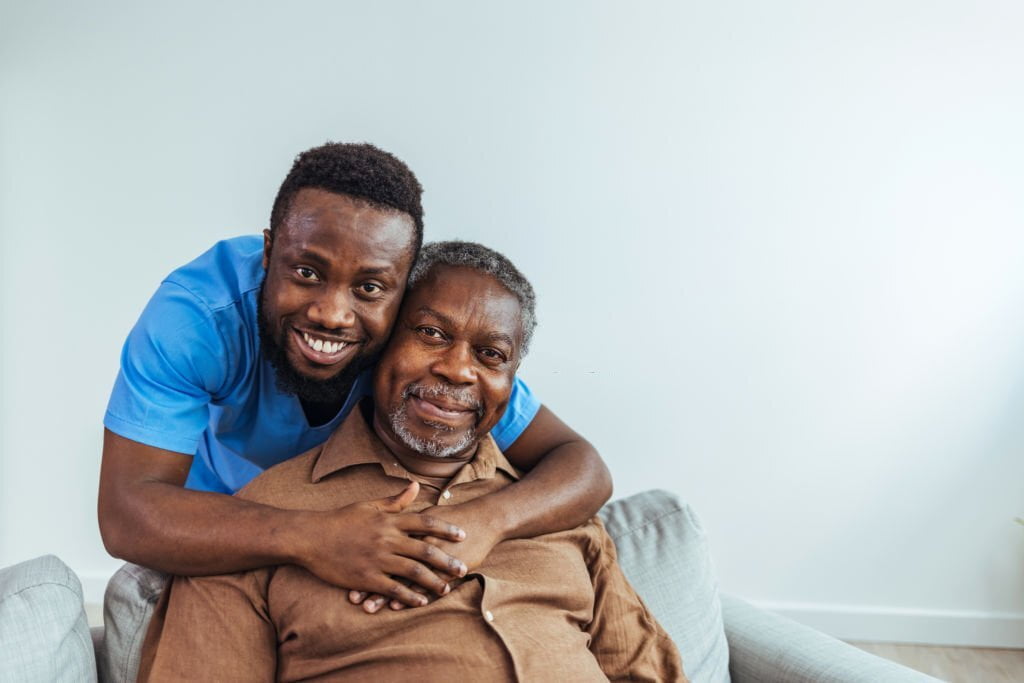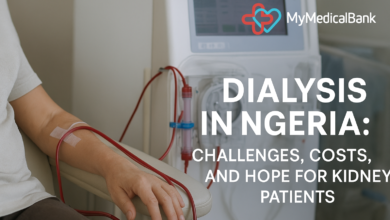What is Home Care Why and How It Works

Table of Contents

There has been an increase in the incidence of chronic and long-term conditions among the elderly population, a rising urbanization trend, emigration, inadequate public health facilities, and a growing use of digital technology that is driving a growing demand for home care in Nigeria.
Concurrently, security concerns, affordability for price-sensitive consumers, fragmented health systems, and cultural paradigms constitute significant barriers to the growth of the home care industry in the country.
What is home care?
The term “home care” refers to providing professional health and social care services in people’s homes or other domestic settings. In essence, with home care, rather than you attending a hospital, health facility, or care facility to access healthcare, the service is delivered to you by a health worker in the comfort of your own home or other domestic locations like hotels, workplaces, schools, or events event.
Care service at home can be provided by licensed healthcare professionals like medical doctors, registered nurses, physiotherapists, speech and language therapists, medical laboratory scientists, community health practitioners and others depending on their license type and specialty. Examples of such services include:
- Consultations and physical examinations
- Referrals
- Reviews and follow ups
- Prescriptions
- Routine health check
- Assessment and planning of treatment requirements
- Ordering tests and reviewing test results
- Medical test or sample collection
- Taking patient samples, swabs and specimens
- Ambulatory surgical procedures
- General pre- and post-operative care
- Prescribing and administering medication and intravenous infusions
- Home nursing care
- Wounds management
- Providing emotional support to patients and relatives
- Observing and monitoring patients’ conditions e.g. temperature, blood pressure, blood glucose and fluid input/output
- Cervical smear and basic screening tests
- Family planning services
- Administering immunizations, vaccinations and infant injections
- Physiotherapy, exercise prescriptions and rehabilitation
- Specialist therapies e.g. hydrotherapy, electrotherapy and aromatherapy
Trained Carer (also known as caregivers, care assistants or home care attendants) provide a range of personal supportive care services for people at home. Examples of such services include:
- Bathing and grooming
- Assistance with toileting
- Assistance with mobility and transfers
- Feeding and dietary support
- Bedside care for minor temporary illness
- Medication supervision and dispensing
- Companionship
- Hospital escort
- Meal preparation
- Social outings escort
- Light housekeeping
- Errands and Groceries
- Laundry
Who is home care for?
While the idea of getting a doctor or a health professional to visit you at home to provide healthcare may sound cool, home care is actually more suited to certain categories of people than it is for everyone. In particular, home care is mostly suitable for the following categories of individuals:
- The elderly and retirees (usually those aged 70 and above)
- Patients with Chronic and Long Term Conditions (LTCs) e.g. hypertension, stroke, diabetes, COPD and arthritis
- People who are home bound or suffering from debilitating conditions
- Self-discharged patients who require ongoing nursing care or personal care
- Patients undergoing rehabilitation e.g. following road traffic accident or industrial injury
- Patients with mental health issues who want privacy
- Substance abuse addicts
- Affluent individuals who want home based primary care
- Busy professionals and business people
- Expectant and newborn mothers
- Foreigners and Nigerians abroad on short visit to the country
- Individuals seeking personal/family check up
Why home care?
Since healthcare can be accessed from hospitals, clinics, diagnostic centres and other facilities, why might people want to opt for home care?
Various factors necessitate people booking home care, these include:
- Unavailability of family members to accompany vulnerable people (particularly the elderly) to health facility or to look after them at home
- Impaired mobility
- Poor health condition
- Lack of means of transportation
- Fear or risk of infection
- Busy schedule
- Preference for convenience
- Preference for privacy or personalised care
- Difficulties with navigating the healthcare system
- Managing health conditions that do not require hospital attendance
- Desire to reduce costs associated with long term hospital admission
Which organizations provide home care?
The following are a few instances of healthcare organizations in Nigeria that offer social and health care services to people at home:
- Hospitals and clinics
- Care/Nursing Agencies
- Medical Agencies
- Medical Laboratories
- Care Homes and Nursing Homes
- Rehabilitation Centres
- Health Technology/Logistics Companies
How much do home care cost?
The cost of home care varies widely in Nigeria depending on the client’s location, age, social status, health condition, medical history, the urgency of the request and the type of healthcare professional required to provide the service.
Fees for home visits by doctors, nurses and physiotherapists range between N10,000-N30,000. Fees for live-in carers typically range between N30,000 and N150,000 monthly while the fees for live-out carers are usually higher than that of live-in carers ranging from N2,000 to N5,000 a day.
Fees for home-based medical services like nursing care, treatments, wound management and medical tests vary widely and are usually determined by providers on a case by case following an initial assessment.
How do you access homecare?
To access home care, first search for providers who offer the type of service you are interested in accordingly and check out their prices and other terms of service. This allows you to compare different options before deciding on the particular one to opt for. To find providers offering home care services in Nigeria, you can check out HomeCare here.
Oftentimes, providers require clients to first undergo an initial assessment to enable them determine the best home care package to recommend. While some providers charge clients separately for such initial assessment, others do not but simply add the cost to the overall bill.
Once payment is made, the provider then assigns an appropriate healthcare provider to visit the client and deliver the visit.
Book your homecare now from as low as N3,000
Would you like to book any home care service whether for yourself, your elderly parents or any other family member? You can do that now from. At MyMedicalBank we have a large network of doctors, nurses, physiotherapists, medical laboratory scientists and carers available to provide home care services throughout Nigeria. Contact us today and let us take care of you and your loved ones in the comfort of your home.
MyMedicalBank is Nigeria’s #1 health management platform for booking appointments, medical tests, home care, telemedicine, health insurance and other healthcare services from hospitals, clinics, medical laboratories, HMOs, care organisations and other providers. For enquiries, visit www.mymedicalbank.com/contact, email [email protected] or call +234 (0) 802 759 0165.
Facebook | Instagram | Linkedln| Youtube | Get Direction To Our Office




2 Comments